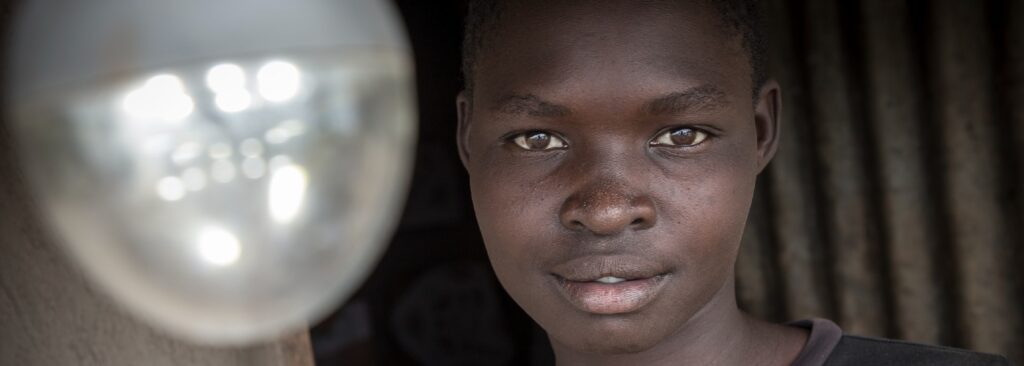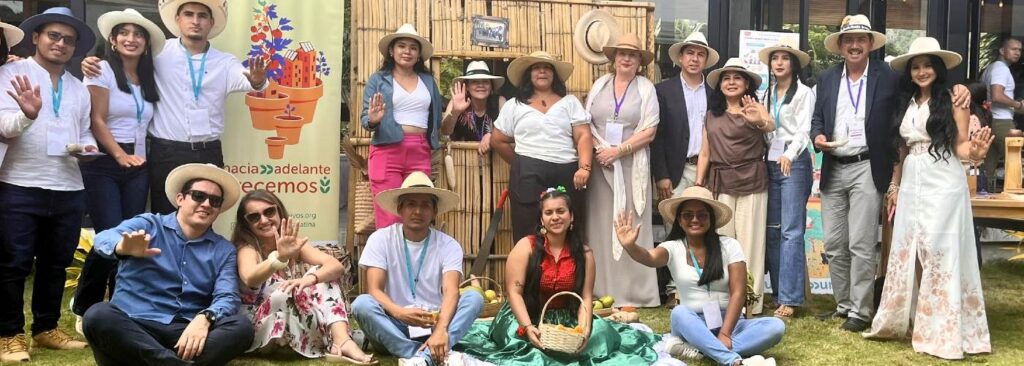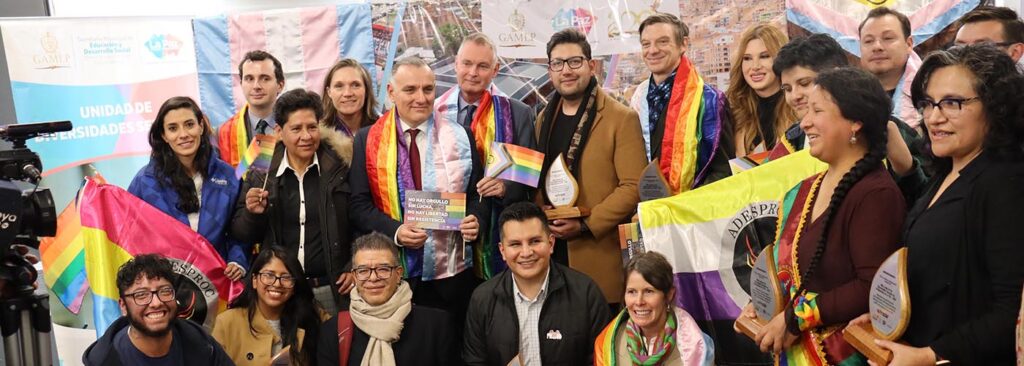id=”819″ id=”post-2425″ class=”wp-post-content-block ” itemscope itemtype=”http://schema.org/BlogPosting” itemprop=”blogPost”>

COVID-19: not the biggest threat for women in Lebanon
In Lebanon, COVID-19 is just the tip of the iceberg. The country is already sinking under the weight of its worst financial crisis in decades, and revolting against corruption in public institutions and human rights violations across the board. The political, economic, and social consequences of the lockdown are being felt by the majority in Lebanon, but the novel coronavirus carries even more significant repercussions for women.
To prevent the spread of COVID-19 and minimize pressure on the country’s under-equipped medical sector, Lebanon implemented a nationwide lockdown. Since February 21, the country has recorded over 700 cases and 22 deaths related to COVID-19. Without laws to protect women from domestic violence and an official social safety net, many women fear they will not survive the lockdown.
A shift in Domestic Abuse
The coronavirus lockdown is trapping women across the world with their abusers. In Lebanon, the Internal Security Forces received 88 calls to their domestic abuse hotline (1745) in March 2020, double the amount of calls received in March 2019.
Abaad (Resource Center for Gender Equality) also told Al-Monitor, a news outlet, that domestic violence complaints to their hotline doubled since the start of 2020, reaching 500 compared to the 270 complaints in the same period last year.
An article by Maharat, a Hivos partner, highlighted this change in domestic violence patterns and reports. “The change we see, is in the type of reports,” says Leila Awada from KAFA, a feminist organization and Hivos partner, to Maharat. “Women are being subjected to violence and being asked for help. Before, calls were often about the choices a woman has in case she wanted to report a case.”
“What’s most difficult cases are those of women abused by their husbands, who don’t have the opportunity or freedom to call for help,” adds Awada, highlighting how poverty and economic pressures contribute to abusive practices against women and girls. “One woman called us from her neighbor’s house.”
Effects on the existing Financial Crisis
At the peak of Lebanon’s financial crisis, the World Bank warned that up to 50 percent of the population would fall below the poverty line in 2020. Lebanon’s Social Affairs Minister Ramzi Musharrafieh told CNN that up to 75 percent are in need of aid.
Women constitute 20 percent of the Lebanese workforce, with 58 percent of paid labor being informal, unregulated, and unprotected by labor laws. This leaves them vulnerable to both infection and poverty, with the looming threat of unemployment.
Anti-government protesters are once again taking to the streets in Lebanon. “We have nothing left to lose,” one protester yelled at the unresponsive soldier blocking his way on the street. “How am I going to feed my family? Do you feel my pain?” yelled another woman. “If the virus doesn’t kill me, hunger will,” said a third on camera.
The Lebanese government has yet to look at COVID-19 through a gendered perspective, neither has it supported its most vulnerable families with anything other than a one-time cash donation of LL400,000 –which now equates to $100 on the market after the Lebanese lira lost three times its value.
The exploitation of migrant domestic workers
The situation is significantly worse for women who belong to non-Lebanese minority groups, especially migrant domestic workers and Syrian refugees.
Migrant domestic workers are already exploited by Lebanon’s Kafala system, often equated to an institution of modern slavery. They work under exploitative conditions: underpaid, no days off, locked in the house all year round, their passports taken away, and subject to the whims of their employers. More than once in these past few months, employers have illegally put live-in domestic workers “up for sale” on local Facebook groups after their services were no longer required.
Being on lockdown is not new for these women, who arrive in Lebanon seeking better employment opportunities but sometimes go back home in body bags. Being in lockdown with their abusive employers, without laws to protect them and at a time when mental health stressors are amplified, is an overwhelmingly situation.
To add to that, Syrian refugees in specific are being targeted by discriminatory policies under the premise of COVID-19. Even prior to the setting of a nationwide curfew, eight municipalities took it upon themselves to set discriminatory curfews for Syrian refugees under the guise of COVID-19 concerns. Some set curfews that begin as early as 3 pm, others specified that Syrians would not be allowed to leave their homes at all times and set no exceptions to that.
Rather than clamp down on refugees and restrict their movement in ways that worsen their living conditions and financial instability, the Lebanese government and aid organizations need to ensure their access to proper testing and adequate medical resources to effectively limit the spread among their communities.
Community-Based Safety Nets
For lack of a national plan, community-led initiatives have increasingly begun to pop up across the country since the start of Lebanon’s October 17 Revolution. From food basket distributors to public debate platforms, the initiatives are attempting to fill in leadership gaps and ease the multiple burdens faced by households in Lebanon.
The KYP community, a WE4L Lebanon partner, is offering an outlet that defuses the mounting pressure on women. The nature of the different, gender-specific stressors faced by them makes their work essential in maintaining community ties and creating new opportunities for vulnerable women.
KYP, which has adapted to COVID-19 by hosting all its events to online, has created a safe space. Their Unspoken storytelling events allow women to discuss their experiences and unload their burdens without judgment. Meanwhile, their Untaught workshops teach women a range of skills previously deemed unnecessary for them.
Combined, such community-based initiatives offer women a platform to network, share opportunities and resources, advance feminist agendas, and safely lean on when times get tough.
It is therefore unfortunate that the backlash of the pandemic disrupts years of effort that women empowerment groups have put into advancing gender rights in Lebanon. Without economic stability and with an increase in domestic violence, many women –financially and psychologically– can’t afford to run costly campaigns for public leadership positions.




